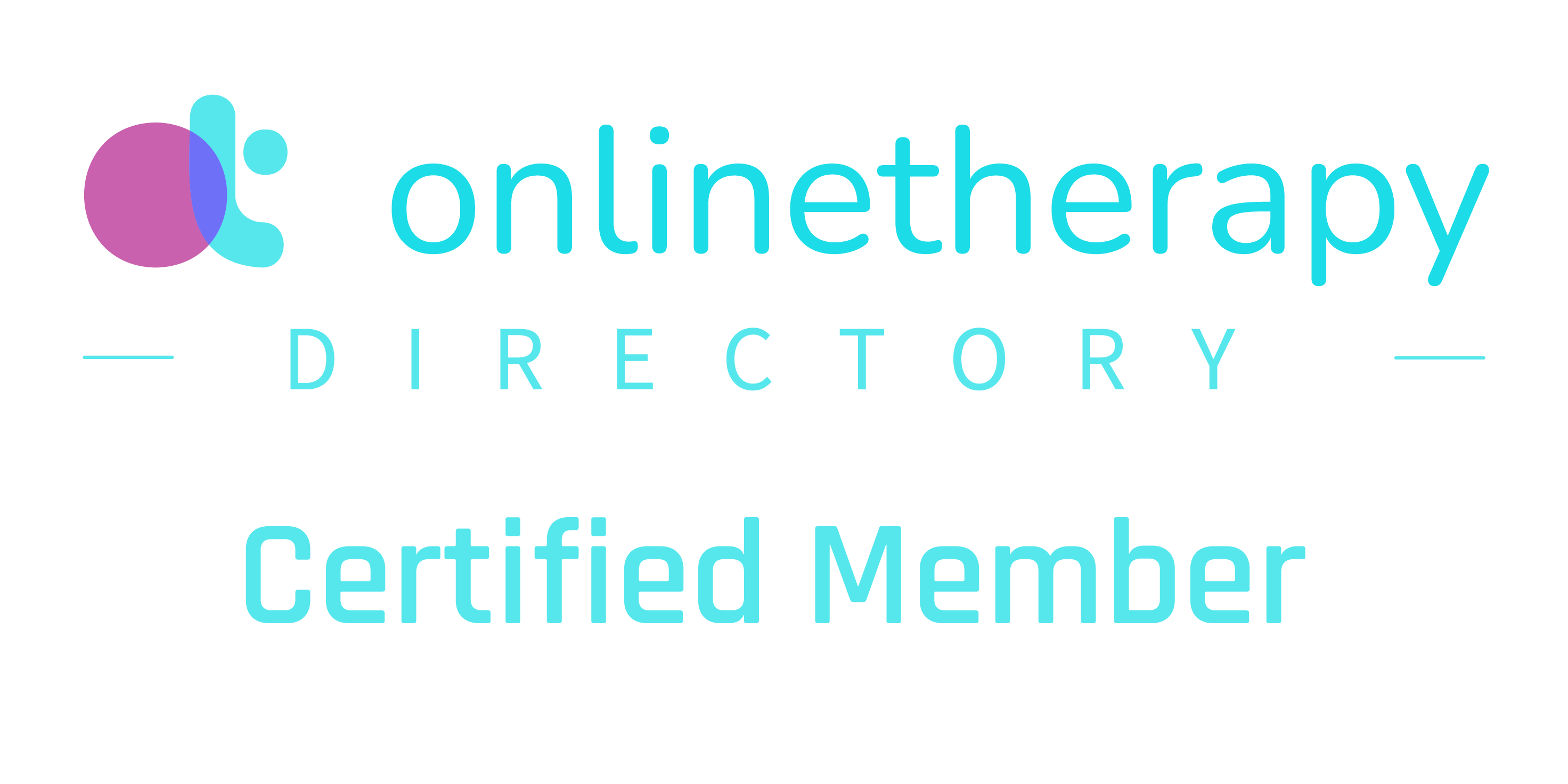No matter your age or station, like most of us, you’ve probably gone through tough life transitions. They’re typically not pleasant or exciting. We often go through them with dread and resistance because change can be hard for even the most adaptable of people.
What tough life transitions are you facing right now? There are so many, aren’t there?
Perhaps your marriage is ending, or you or your partner are facing difficult medical treatments. Maybe your adult children are leaving home, and you dread an empty nest. Your elderly parents may be declining and need much care. Job losses, retirement, physical relocation, or the passing of dear friends also count among these.
Your personal situation may be similar or different. However, even in the midst of tough transitions, you can take proactive steps to help you get through and face these times.
What Is Self-Compassion?
You probably have a strong concept of what compassion is already. Think of how you’d respond to a friend going through a tough time. You’d likely offer them words of encouragement and empathy. You’d be there for them with a reassuring hug and the gift of comfort. What you wouldn’t do is criticize them or tell them the situation is hopeless or all their fault.
The concept of self-compassion works pretty much in the same way. Unfortunately, many of us don’t treat ourselves with the same kindness and patience that we give to other people. Instead, we hold ourselves to unrealistic standards and listen to the critical inner voice in our heads.
When you’re going through a tough life transition, think of how you’d like to be treated. And then treat yourself that way. Accept that you’re only human, and the emotions you’re experiencing are the same that someone in a similar situation would have. Realize you’ll have good days and bad. And be kind to yourself no matter what.
Neuroscience-Based Self-Compassion
The idea of self-compassion may sound impractical to you. Perhaps you find it laughable and wonder how treating yourself with kindness can help you cope and get through tough times. And you may be telling yourself that you have to be tough to get through tough times.
Scientific studies on self-compassion, however, tell a different story. When humans receive compassion and comforting touch from others, our brains release a hormone called oxytocin. This is a soothing hormone that reduces our heart rate and levels of cortisol, a stress hormone. When we feel more relaxed and at ease, we are better able to handle difficulties.
Amazingly, the same process occurs when we are kind to ourselves. Our brain and body will respond in the same manner as if someone else were reaching out to us. This neuro-physiological process offers profound benefits as we go through transitions.
Can You Build Self-Compassion?
If you are someone who lives with regular negativity and attacks from your inner critic, learning to have self-compassion may sound impossible. Fortunately, it’s not. Rather, self-compassion is a skill that can be taught and learned. As you put it into practice, you’re accessing the natural caregiving system of humans.
An easy way to do this is to practise soothing yourself with gentle touch. Give yourself a tight hug. Slowly rock in a chair while patting your shoulder as you would with an infant. Or massage your hands or feet. You may be surprised at how much better you feel after these steps. If this sounds too ‘touchy feely’ for you, try at first to just put your palms together and notice the warmth of your hands, or perhaps putting one hand on your chest. The science is clear. This works!
Employing CBT techniques of reframing negative self-talk is another way to build self-compassion. CBT mind workouts are readily available to guide you in this journey.
—
Remember, as Helen Keller said, “The world is full of suffering AND the overcoming of suffering.” You may go through painful life transitions, but you can better navigate them through the gift of self-compassion. Click to learn about life transitions therapy.
If you’d like help along the way, please feel free to sign up for a test drive or contact me at my London clinic or Honolulu clinic to learn more about my therapeutic approach to life transitions.



